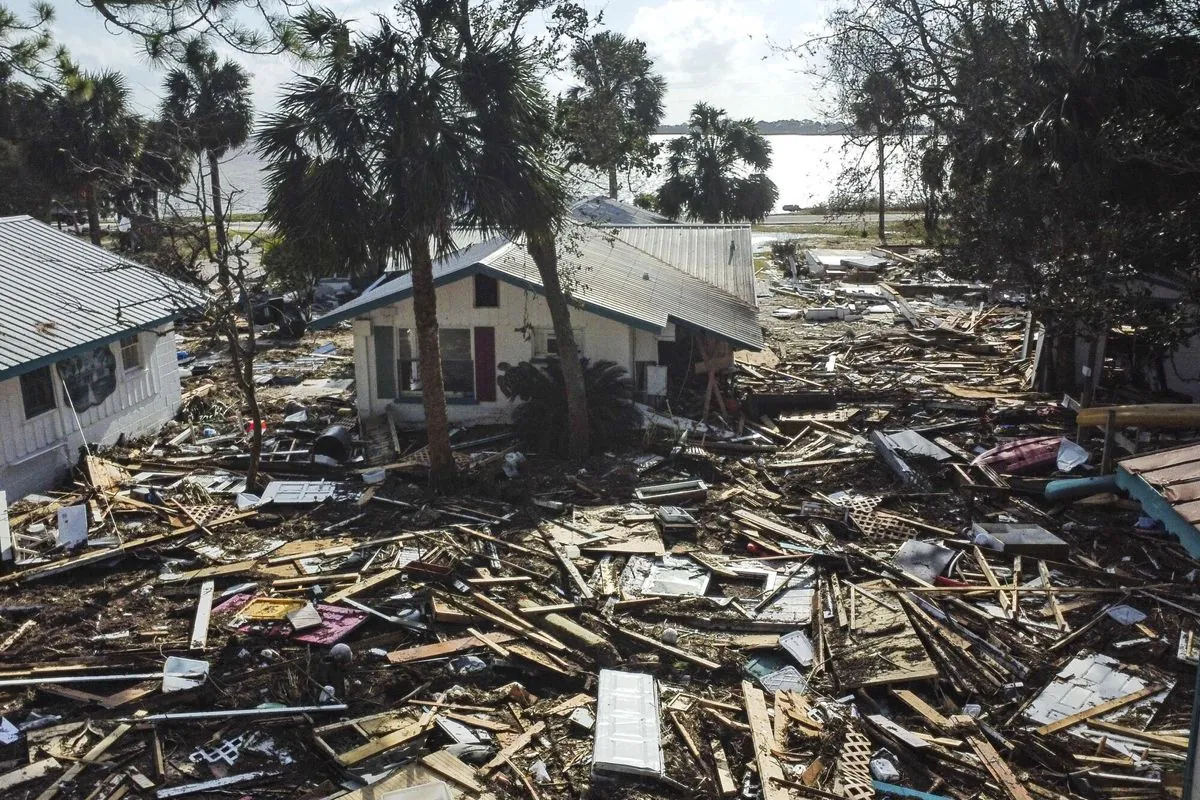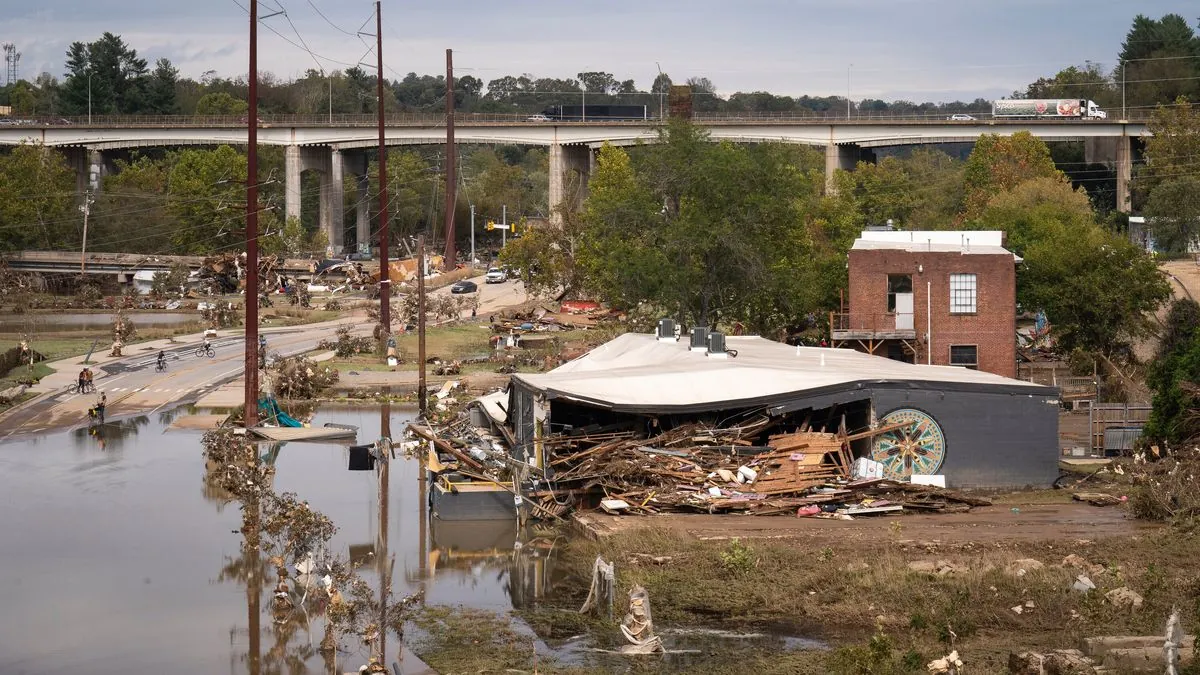Biden and Harris to Tour Hurricane-Ravaged Southeast Amid Election Tensions
President Biden and VP Harris plan visits to assess Hurricane Helene's impact in southeastern states. The tour comes as the region grapples with devastation and electoral challenges ahead of the upcoming presidential election.

In the wake of Hurricane Helene's devastating impact on the southeastern United States, President Joe Biden and Vice President Kamala Harris are set to embark on a tour of the affected regions. The Category 4 hurricane, which made landfall in Florida on September 26, 2024, has left a trail of destruction across several states, resulting in at least 140 fatalities.
On October 3, 2024, Biden will conduct an aerial survey of Greenville, South Carolina, before receiving an operational briefing in Raleigh, North Carolina. Meanwhile, Harris will visit Georgia and later travel to North Carolina. The administration's response comes as rescue efforts continue in North Carolina's mountainous regions.
The hurricane's impact has raised concerns about the upcoming presidential election, scheduled for November 5, 2024. North Carolina and Georgia, both affected by Helene, are among seven crucial battleground states where the election outcome could be determined by narrow margins. North Carolina election officials are working diligently to ensure that the state's more than 7 million registered voters can participate in the electoral process despite the challenging circumstances.

The federal government has taken swift action in response to the disaster. Biden has issued major disaster declarations for several states, enabling survivors to access federal assistance. This move aligns with the Robert T. Stafford Disaster Relief and Emergency Assistance Act, which governs the process for such declarations. Over 3,500 federal workers are currently involved in response efforts across the affected states.
The rebuilding process following Hurricane Helene is expected to be both costly and time-consuming, according to U.S. Homeland Security Secretary Alejandro Mayorkas. The Federal Emergency Management Agency (FEMA) will play a crucial role in coordinating the long-term recovery efforts, guided by the National Disaster Recovery Framework.
As the region grapples with the aftermath of Helene, climate scientists warn that such intense hurricanes may become more frequent due to climate change. The Atlantic hurricane season, which officially runs from June 1 to November 30, has seen an increase in powerful storms in recent years.
The political landscape has been further complicated by former president Donald Trump's recent visit to Georgia and his false claims regarding Biden's response to the hurricane. However, it is worth noting that presidents and presidential candidates typically avoid immediate visits to disaster-stricken areas to prevent interference with rescue operations and strain on local resources.
As the recovery efforts continue, various federal agencies will be involved in providing assistance. The U.S. Army Corps of Engineers will likely contribute to flood control measures, while the Small Business Administration may offer disaster loans to affected businesses and individuals. The National Flood Insurance Program will also play a crucial role in helping property owners in participating communities recover from flood damage.
"The President and Vice President's visits underscore our commitment to supporting the affected communities throughout the recovery process. We will continue to work closely with state and local officials to ensure that all necessary resources are made available to those in need."
The impact of Hurricane Helene serves as a stark reminder of the devastating power of natural disasters and the importance of comprehensive disaster preparedness and response strategies. As the southeastern United States begins the long process of rebuilding, the nation's attention remains focused on both the immediate recovery efforts and the potential long-term implications for the upcoming presidential election.


































